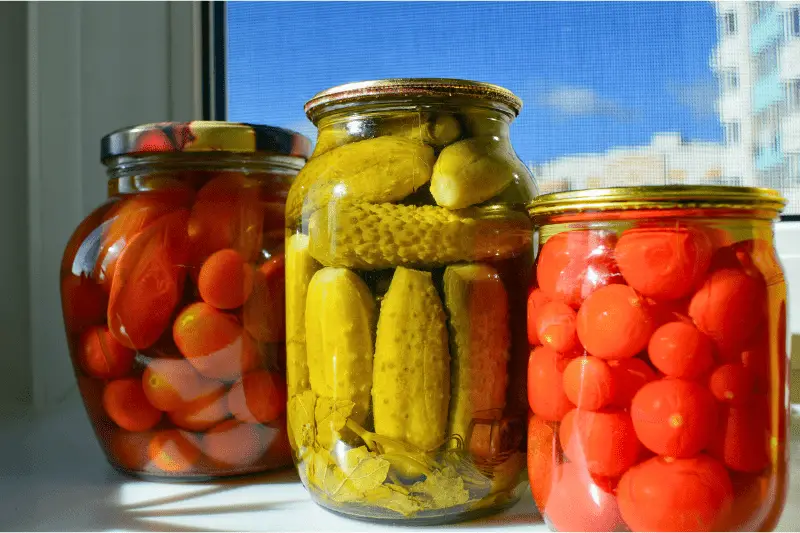Pickling is an age-old practice used to preserve fruits and vegetables by immersing them in a mixture of vinegar, salt, and water.
While the process is simple enough, achieving perfect pickling results every time can be a challenge.
In this post, we will cover expert advice on how to make the best pickles every time by following pickle recipes exactly and avoiding common pitfalls.

When it comes to pickling, precision is key.
Small deviations in quantities or ingredients can result in suboptimal flavor and texture or even spoilage issues.
To avoid these problems, it is essential to follow pickle recipes exactly as written. In this post, we will share tips and tricks from the pros on how to achieve perfect pickling results every time.
Use Fresh Produce for Best Results
One of the most important factors in successful pickling is using fresh produce.
When selecting fruits or vegetables for pickling, choose those that are uniform in size with no blemishes that might compromise quality during fermentation.
Additionally, avoid waxed produce as it can interfere with brine absorption.
Essential Ingredients for Perfect Pickling Results
Vinegar and salt are two of the most important ingredients when it comes to making great-tasting pickles.
Freshly-picked salt should always be used as table salt may contain additives that can cause cloudiness or other preservation issues over time.
Meanwhile, commercial white vinegar with at least 5% acidity should be used consistently across batches.
Proper Preparation Techniques for Vegetables
Proper vegetable preparation ensures even fermentation throughout the jar while helping create uniform texture in your finished product.
Some basic techniques include slicing cucumbers uniformly into spears or rounds according to recipe instructions while leaving carrots whole before cutting them into long strips later on when serving them up cold.
Spice Selection and Storage Tips
Fresh spices are essential for achieving the best flavor and texture in pickles.
Whole, crushed, or ground spices should be used as appropriate for each recipe. It is also important to store spices correctly to maintain their freshness.
For example, they should be kept in a cool, dark place away from heat and moisture.
Waiting Time – Patience is Key
Once your pickles are in their jars, it’s important to wait patiently while letting fermentation take place.
Depending on the recipe, waiting times can vary from one week to several months for optimal flavor development.
However long you wait before opening your jar – whether after a week or two months – it’s crucial to properly store them once opened.
Troubleshooting Common Pickle Problems
Common problems that home cooks encounter when making pickles might include mold growth or cloudy brine which can both be addressed with proper salinity levels and thorough washing of produce before use.
Additionally, if you notice an odd coloration or smell emanating from your jar of pickles before eating them- this may mean something has gone wrong and depending upon the severity could render them unsafe for consumption.
Final Thoughts
Following these expert tips and tricks will help ensure perfect results every time when making your favorite pickling recipes at home.
Take time to carefully choose fresh produce based on uniformity; follow instructions meticulously; only use fresh ingredients like vinegar and salt; keep spice storage locations dry & dark; give patience priority throughout the fermentation process; troubleshoot issues early on before they become major problems by quick action upon recognizing early warning signs or simply using common sense precautions like washing produce pre-use.
With these fundamentals down pat (pun intended!), try out some new recipes with confidence – who knows what fun experimentation awaits?
